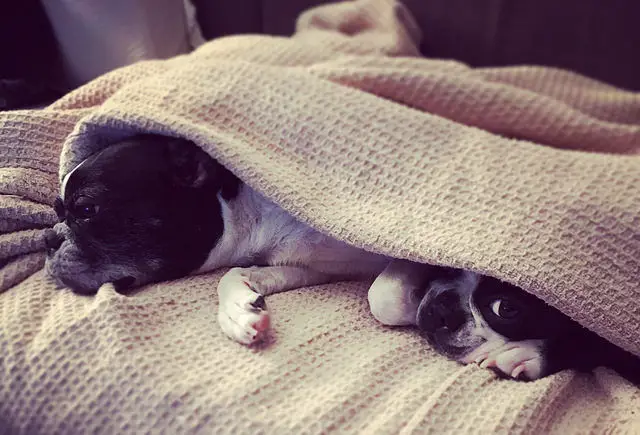With predictions that next week is going to be one of the coldest in five years – seeing temperatures plummet to below freezing across the UK – E.ON is encouraging people to think about how they can stay warm and cosy while also being energy efficient during the cold weather.
Mike Feely, Energy Efficiency Expert at E.ON, says,
“We can all see the nights are starting to slowly get lighter, so it’s natural to start thinking about the arrival of spring and warmer weather. It might come as a surprise to have another bitterly cold snap suddenly thrust upon us.
“People often don’t realise there are simple ways to stay warm at home while also ensuring they are as energy efficient as possible and we can offer some easy tips to make your home more efficient as well as some advice about the technology you can choose to monitor energy use and stay in control.”
Home heating hints
There are a number of simple steps people can take to manage their home heating effectively, without compromising on their comfort. For example:
- Lowering your thermostat by just 1oC can add up to savings of around £80-85 per year, and it’s a common misconception that it’s cheaper to leave heating on all day instead of just putting it on when you need it.
- Smart thermostats can help control home temperatures whether you’re at home or away through your mobile phone.
- Bleed radiators if rooms don’t heat up or if radiators feel cold at the top and hot at the bottom.
- Don’t cover radiators or block them behind furniture – leave space for heat to flow into the room.
- Keep curtains and blinds open during the day to let in warm winter sunlight – but close them when it gets dark to help keep heat in.
Upgrade your boiler
A third of homes in England have an old and inefficient boiler which can be extremely costly, so it’s important to check that your boiler is as efficient as it can be.
By replacing your old boiler with a new, highly-efficient condensing boiler, you could get a lot more heat for your money or cut up to £210 off your annual energy bill a year, depending on your current house type and boiler.
Plugging the gaps
A typical home can lose around a third of its heat through uninsulated walls and up to a quarter through the roof. Insulation can prevent this by trapping heat.
Filling gaps around windows, doors, pipes, loft hatches and even keyholes and letterboxes with draught-proofing supplies from local DIY stores will also help keep heat in.
Manage your water’s temperature:
Hot water accounts for up to 15% of an average energy bill for a gas-heated household. Homes with a hot water tank could reduce hot water heating costs by lowering the temperature to 60oC, while still being hot enough to kill harmful bacteria.
Making sure that your hot water tank has an insulating jacket can help you save energy by reheating water less as the water holds its heat for longer. Fitting a cylinder jacket on your hot water tank, could save you around £20 a year which is more than the cost of the jacket (typical cost £15).
Switch to energy efficient light bulbs:
You could save £3 to £6 per year by replacing traditional bulbs with light-emitting diode (LED) bulbs of the same brightness.
Install these energy efficient light bulbs in the rooms that you use most frequently, such as the kitchen, living room and outside and always turn them off when they’re not in use.





